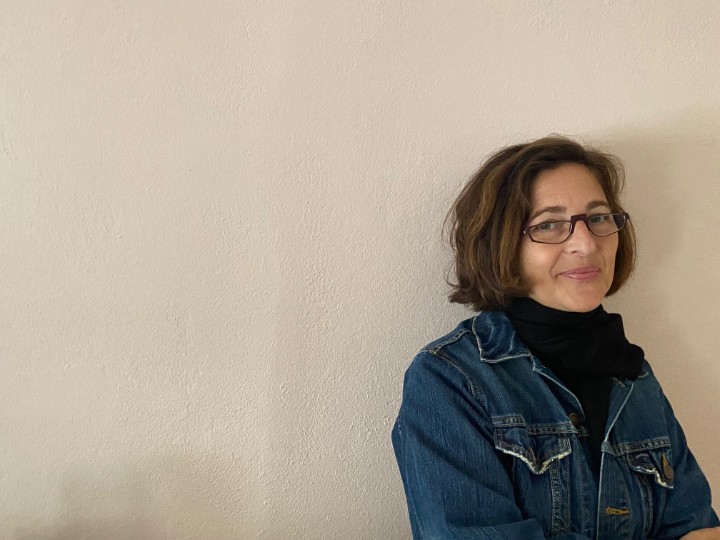Christine Moog
Title
Student
College
Central Saint Martins
Email address
Tags
Researcher Research

Biography
Christine Moog is a designer, writer, teacher and PhD researcher. Her writing focuses on women in the print industry, and has written 'Women, Printing, and Prosecution' in Printing, History and Culture, 'Women and Widows: Invisible Printers', in Making Impressions: Women in Printing and Publishing, and was the co-editor of 'Women in Print', Printing, History and Culture. She is on the editorial board of the New Historia at The New School for Social Research, an initiative to document and promote the achievements of women in book history and feminist historical recovery. She is a book designer specializing in monographs and catalogues on art and architecture. She has worked for Bruce Mau in Toronto and Pentagram in New York. Her clients include Yale University Art Gallery, Sperone Westwater, The Philadelphia Museum of Art, Galerie Lelong, Storm King Art Center, Harry N. Abrams, The Paris Review, New York Review Books, and Independent Curators International. Her background is in art history and she has worked at the Solomon R. Guggenheim Museum, the Whitney Museum for American Art and the Art Gallery of Ontario.I am interested in how gender gaps in the archive can be rectified through form. Starting from the archive, I want to understand how female recovery can use design to rectifying erasure, to visualise that invisibility, and address historic agnotology. My practice-based research focuses on new ways to conceptualise and communicate archival information, using Susan Islip, an English printer (active 1639–1660) as a case study. Though she is listed only as ‘widow of Adam Islip’ in sources, she printed books for twenty years. Islip is representative of over 300 women in London involved in the print industry from 1557 to 1700, yet, like many female printers, her work has never been acknowledged. Graphic design will be used as a means of investigation into Islip’s redaction, to correct and reclaim the gendering of knowledge production to reinstate women like Susan Islip into the history of textual production.